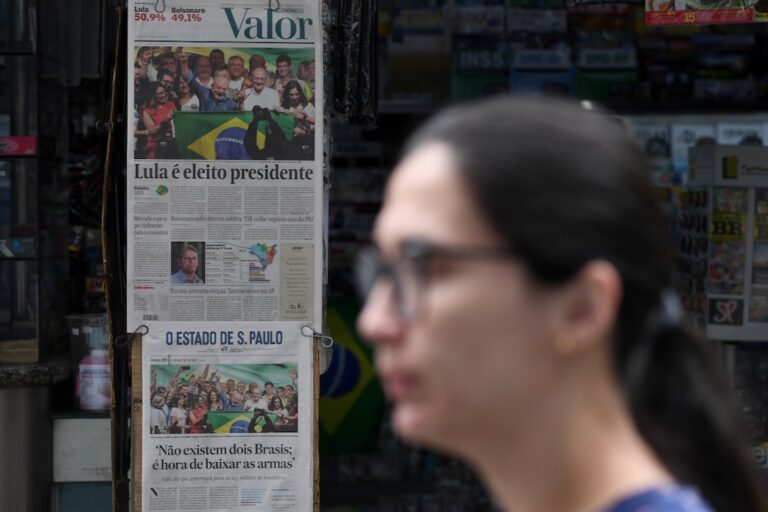Source: Inter Press Service (IPS) The Brazilian government has presented a bill to the Brazilian Congress that would regulate community radio stations. The bill, introduced earlier this month, would limit informal radio transmitters to 10 watts and a range of 400 metres, and would require that broadcasters be officially licensed as well as have their […]
Source: Inter Press Service (IPS)
The Brazilian government has presented a bill to the Brazilian
Congress that would regulate community radio stations. The bill, introduced earlier this month, would limit informal radio
transmitters to 10 watts and a range of 400 metres, and would
require that broadcasters be officially licensed as well as have
their content restricted to public service and cultural
information intended to serve the local community.
Community radio stations have proliferated rapidly in recent
years, putting the government in a cross-fire between supporters of the stations and those who oppose the unregulated use of the airwaves.
In several parts of Brazil, radio and television business entrepreneurs have accused community radio stations of damaging the industry by selling low-priced advertising. As well, the Brazilian Radio and Television Association (ABERT), which represents commercial broadcasters, has initiated a campaign to demand order on the airwaves and close down more than 2,000 of what it terms “pirate” broadcasters.
“The government’s inaction on the pirate stations violates the Constitution,” declared jurist and former Justice Minister Saulo Ramos, who spoke out on behalf of ABERT. For his part, ABERT President Joaquim Mendonca said that he would only accept the transmissions of community radio stations if they were closely regulated by law so that their frequencies and ranges would not affect commercial broadcasters.
This proposal is also included in the bill tabled by the government in Congress. In spite of Communications Minister Sergio Motta’s comments in 1995 that he supported community broadcasting and his Ministry’s current proposals to regulate it, the community radio broadcasting community remains suspicious.
In reports disseminated in various media, National Association of Community Radios president and journalist Nivaldo Manzano accused the Communications Ministry of closing “dozens of transmitters” daily in order to keep Brazil at “the margin of the world” in community radio broadcasting.
Manzano added that Brazil was one of the few countries “where this sort of publicly useful service is still a matter of police interest.” He also stated that community radio stations were recognized and accepted in many other parts of the world, rich or poor, and pointed out that those operating in Brazil were protected by the Constitution’s recognition of private, state and public broadcasting and its prohibition of monopolies or oligopolies in the communications industry.
Manzano also indicated that the Inter-American Convention on Human Rights provided support for community or public (as distinguished from government) radio by defending the right to free expression and the free circulation of ideas without abusive interference from either the government or private interests.


